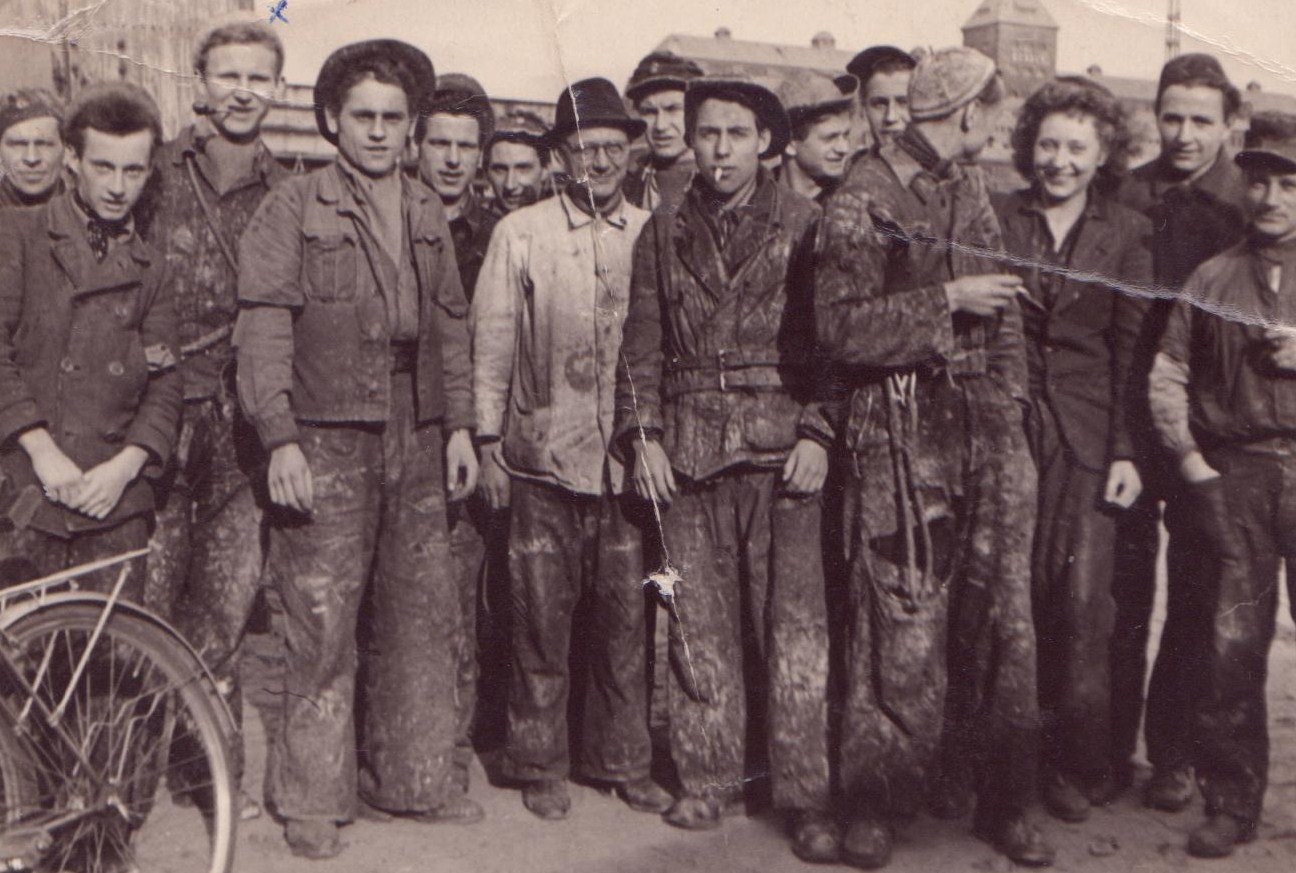Networked media (What is Networked Media?) must tie in to all this stuff about National Network schemes and Australia’s NBN right? The viability of the network is dependent on society’s access to the network. To obtain the full benefits of interactive media, online content and subscription services, high level internet access is important. For me, with the recent election, one of the most important issues was the NBN. With such a tremendous focus from the IT industry and Media industry on cloud computing and interactive media, to remain competitive with the world leaders in business, health, medicine and education, we need infrastructure that is going to support the growing demands of the cloud. We now run into a number of problems with our new Liberal Government. They said they were all about infrastructure upgrades, yet failed to recognise the importance of the NBN. While politicians like Malcolm Turnbull like to think the NBN was an important election issue, in reality both campaigns failed to spend enough time on the issue. The Coalition obviously made a smart move in not bringing it up too much, because they knew that their NBN was inferior.
While I am not going to jump on board and say that Labor’s NBN plan is perfect (There are certainly some issues that need addressing), I am willing to say that it has the best intentions in mind for the future of Australian telecommunications. Maybe Tony Abbot and co. lacked a good understanding of design and design fiction? Because their version of the NBN certainly does not take into account the ever-growing demands of internet based technologies.
I think the issue of cost should be disregarded for the time being. There is plenty of competition over the fact that Labor’s NBN was expensive and the Coalition’s was cheap. But I think there’s plenty of evidence from economics and IT experts to suggest that the cost of the ALP’s NBN would be paid off in full over time, with excessive profit. Blogger Steve J presents some very valid evidence and arguments about this issue. So let’s put that aside for now.
What’s the go?
For those have no idea what’s going on so far I’ll give you a brief summary. to put it simply, the ALP’s NBN was a Fibre-to-the-premise network (FTTP), where fibre optic cabling would be rolled out to 93% of homes in Australia. This would give us a fibre network with a top speed capacity (in appropriate time) of up to 1Gb/ps, as countries such as South Korea have proved. Currently, the top speed available to users with access to the NBN in Australia is 10oMb/ps. In Tasmania, 44% of the population with NBN access pay for this top tier access. In the rest of Australia, 31%.
Contrary to Turnbull’s assertion of “nobody needs more than 25Mbps”, the real income figures of NBN Co released on 19-April, show that 31% of consumers are already paying for 100Mbps.
There is obviously a demand for it in Australia. In comparison, the Coalition NBN is a Fibre-to-the-node network (FTTN), which works on a skeleton of fibre optic cabling, with connections between homes and the “nodes” relying on our decaying and aging copper wire installations. Top speed and potential is always going to be 100Mb/ps, the maximum data rate achievable through the old wires. There’s no room for improvement. Bottlenecks will appear and make the new network installation almost useless.
Here’s a petition on change.org, which has attracted huge interest in only two weeks from Australians. It clearly presents all the points of contention regarding the NBN and makes the Liberal NBN seem effectively useless. Once you’ve had a gander over there, check out what Malcolm Turnbull had to say about it. It’s clear that the Liberal’s don’t really have a lot up their sleeves when it comes to defending their network scheme.
Last Saturday there was a general election at which the NBN was one of the most prominent issues. The Coalition’s NBN Policy – which can be read here had been published in April – five months ahead of the election. The Coalition won the election.
Not content with having people pick apart and obliterate his NBN, Mr Turnbull has obviously decided the best response to ignore the argument and downplay it. Clearly if the Liberal’s won the election everybody wants their NBN, because it was such a big issue that was debated and discussed in comparison to Asylum seekers, the carbon tax, etc. Go ahead and have a read of the Coalition’s NBN policy that is linked to in the quote from Turnbull. The only issue that it makes you think about is money. And we’ve concluded that isn’t the key issue.
One thing that has struck me throughout this debate is that the Coalition believe there is sound evidence from other countries such as the UK, US and NZ to exhibit resounding success for a FTTN network. Sure there has been successes from this kind of network, of course there will be an increase in speeds. But the big issue here is that most of these countries are already moving to a FTTP solution. It’s obvious that a FFTN network is redundant in the grand scheme of things. Why would we spend billions upgrading our infrastructure to something that is not even at all competitive with world leaders, when we could upgrade to a very feasible, more expensive network that is cutting edge technology and potential?
Time and money are against the ALP NBN, but sometimes rushing things isn’t the best option. If we take a big step to FTTP now, we will eliminate the need for another change of infrastructure 10 years down the track. That’s not only saving more time in the long run, but money. Two big infrastructure projects will always cost more than a giant one. The fact that the ALP NBN will actually bring huge profits in the end should negate all issues of cost. Steve J makes some excellent findings and arguments for the ALP NBN in this article: The Real Deal on the Coalition NBN: same price, worse outcomes.
So while you wrap your head around that one, I’ll give you something simple, interactive and graphically based that might send the message more simply. How Fast is the NBN? That site provides real time examples of download times using both the ALP and Coalitions desirable speeds.
For more NBN information try these sites:
Petition against Coalition NBN
Steve Jenkins on the NBN
NBN Myths
Paul Budde
Malcolm Turnbull response to their NBN’s opposition
Coalition NBN policy
An article on South Korea’s world leading Telecomms network (Also Paul Budde)









